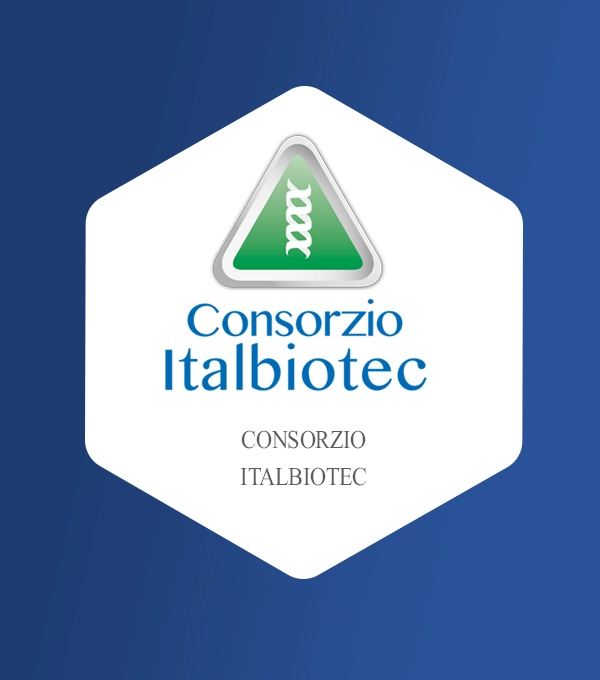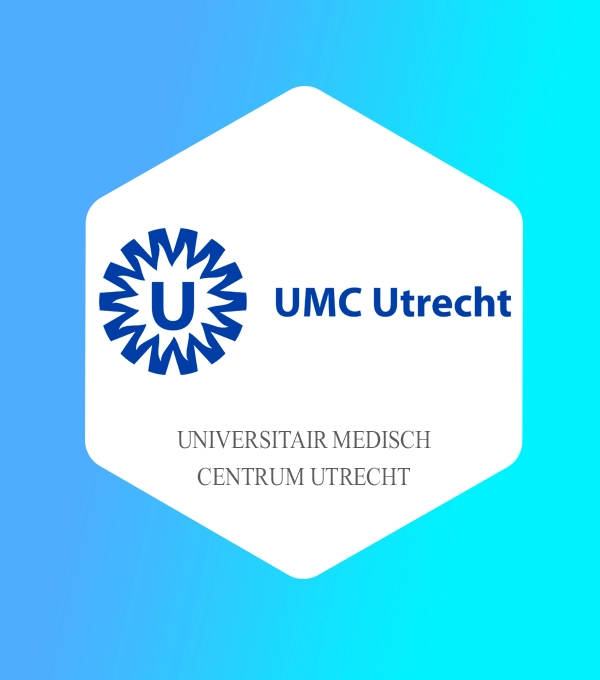Arrhythmogenic cardiomyopathy (ACM) is a genetic disease that predisposes to the occurrence of ventricular arrhythmias and sudden cardiac death (SCD), particularly in the young and athletes. ACM is characterized by progressive cardiomyocyte loss and fibrofatty replacement.
No effective treatments for ACM are currently available. Hence, its management focuses on preventing SCD and slowing down the progression of the disease.
The overall aim of the project is to combine large-scale -omics data obtained from patients with data from structural and functional analyses of in vitro and in vivo models, in order to identify genotype/cardiac phenotype relationships.
In order to do so, IMPACT will implement an Artificial Intelligence (AI)-based integration of clinical and -omics data from ACM patient registry utilizing unsupervised mixed-data clustering and phenomapping to identify phenotypic subgroups within the cohort of patients leading to the detection of therapeutically actionable targets as well as to stratify ACM patients. The project will develop and characterize relevant preclinical models, namely 3D in vitro cardiac microtissues; it will also establish their utility in the interpretation of variants in these disease genes that are of uncertain clinical significance and in the identification of pathological molecular pathways that can be therapeutically targeted.
With its work the project intends to pave the way for novel therapies for major cardiovascular diseases conditions.












